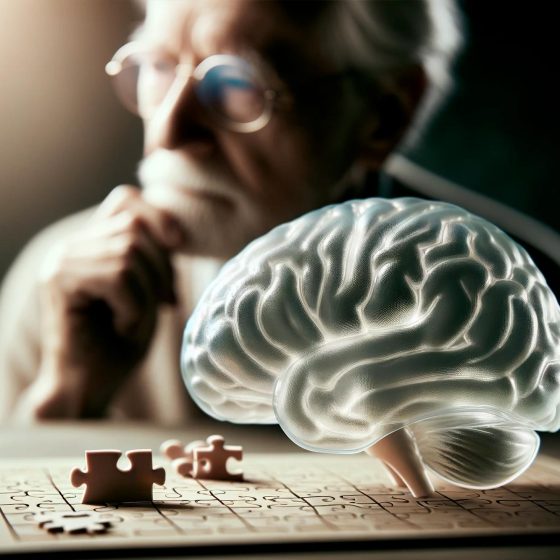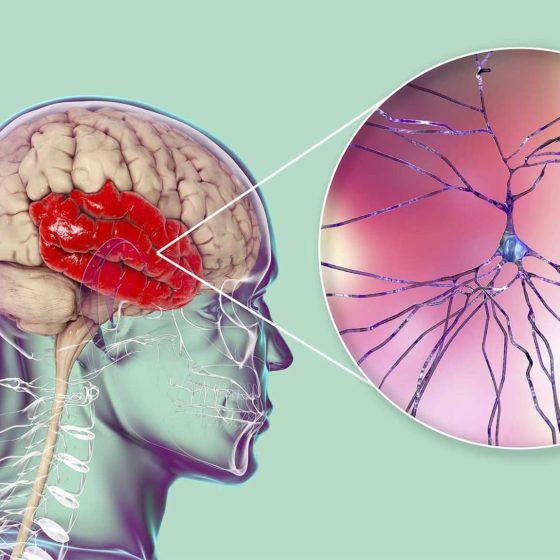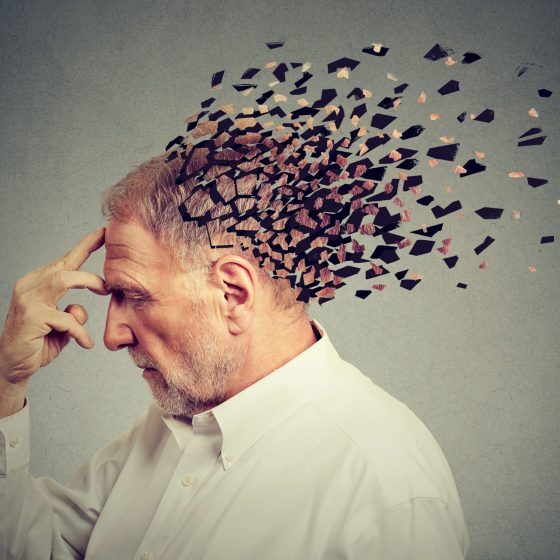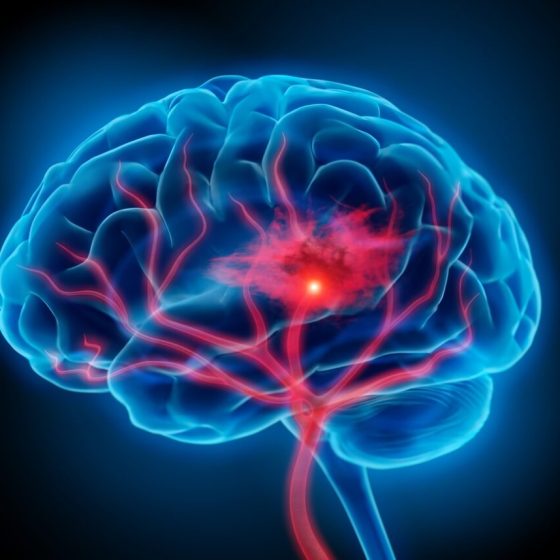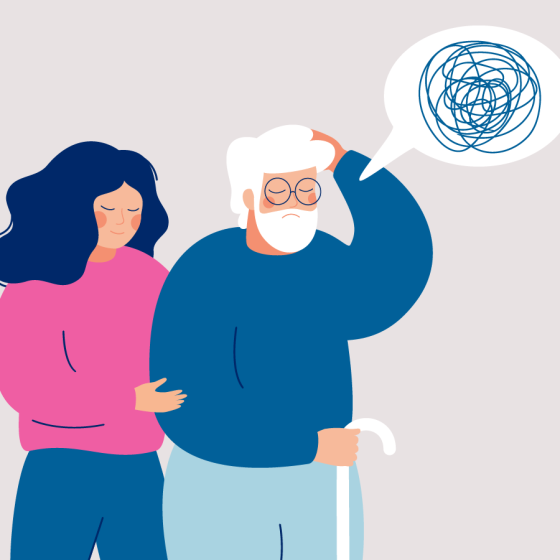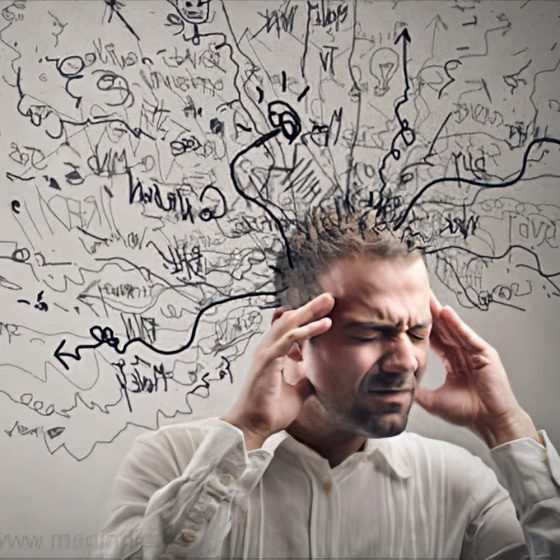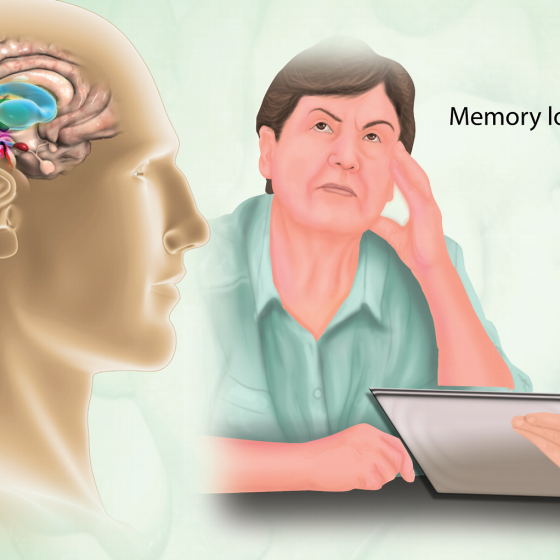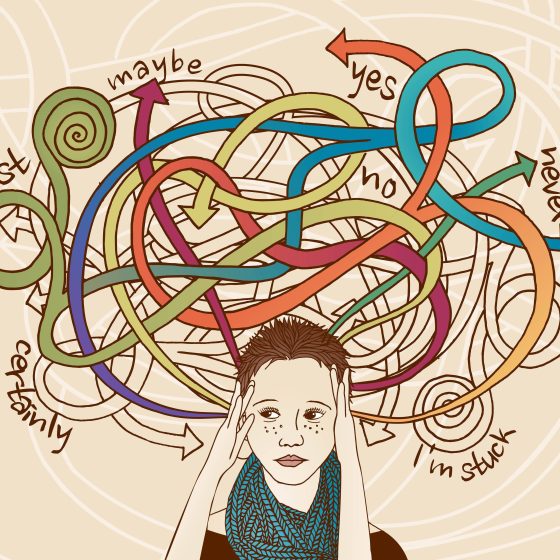Cognitive impairment
Key facts Cognitive impairment is not an illness, but it can signal other medical conditions. Signs of cognitive impairment can include memory loss, mood swings and behavioural changes. There are ways to treat and prevent cognitive impairment and its complications What is cognitive impairment? Cognitive impairment is when you have problems remembering things and solving problems. Cognitive impairment is not an illness. It can be caused by many conditions. You may struggle with: remembering things paying attention speaking or understanding recognising people, places or things experiencing new places and situations — you may become overwhelmed Cognitive impairment can come

